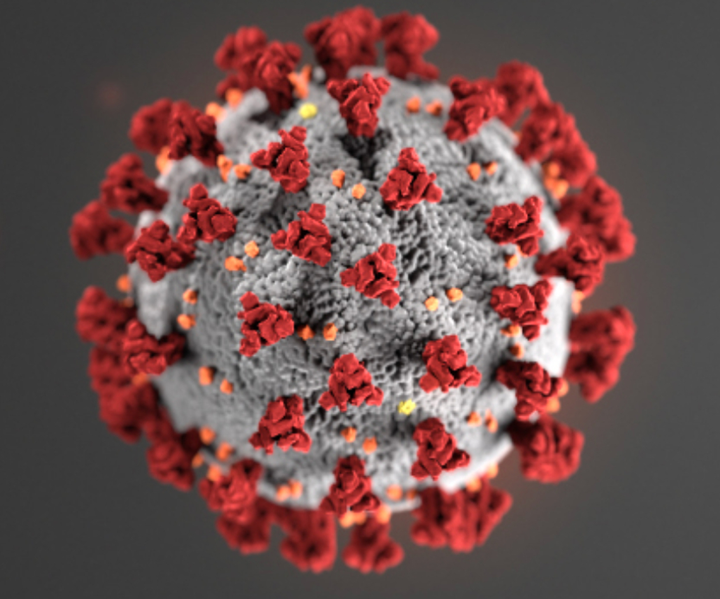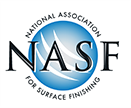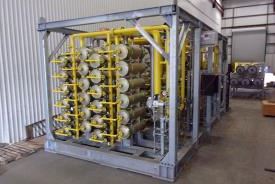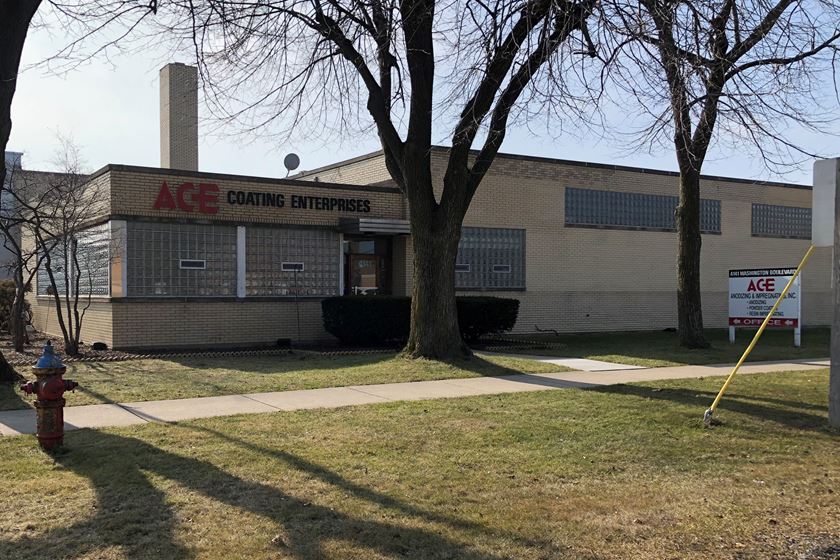NASF Update on EPA Enforcement Discretion Policy for Coronavirus Pandemic
The U.S. Environmental Protection Agency (EPA) has issued a policy memorandum indicating that it will exercise enforcement discretion for any non-compliance that may result from the COVID-19 pandemic.
#regulation #nasf #sustainability

Image | CDC
On March 26, 2020 the U.S. Environmental Protection Agency (EPA) issued a policy memorandum indicating that it will exercise enforcement discretion for any non-compliance that may result from the COVID-19 pandemic, provided that regulated entities take the steps that are set forth in the policy.
With respect to the scope and applicability of the enforcement discretion policy, the EPA laid out some brief summary points.
- The enforcement discretion policy is temporary to accommodate regulated entities impacted by the unusual circumstances that are presented as a result of the COVID-19 pandemic. EPA will assess the continued need for and scope of this temporary policy on a regular basis and will update it if the EPA determines modifications are necessary.
- This policy will apply retroactively beginning on March 13, 2020.
- The enforcement discretion does not apply to any criminal violations or conditions of probation in criminal sentences.
- This policy does not apply to activities that are carried out under Superfund and RCRA Corrective Action enforcement instruments.
- This policy does not apply to imports.
For potential civil violations, the enforcement discretion set forth in this temporary policy is subject to the following conditions (as quoted in the memorandum).
- Entities should make every effort to comply with their environmental compliance obligations.
- If compliance is not reasonably practicable, facilities with environmental compliance obligations should:
- Act responsibly under the circumstances in order to minimize the effects and duration of any non-compliance caused by COVID-19
- Identify the specific nature and dates of non-compliance;
- Identify how COVID-19 was the cause of the non-compliance, and the decisions and actions taken in response, including best efforts to comply and steps taken to come into compliance at the earliest opportunity;
- Return to compliance as soon as possible; and
- Document the information, action or condition specified in bullets above
In the policy memorandum, the EPA states that it expects all regulated entities to continue to manage and operate their facilities in a manner that is safe and protects the public and environment. Facilities are instructed to contact the appropriate regulatory authorities if facility operations impacted by the COVID-19 pandemic may create an acute risk or an imminent threat to human health or the environment.
A copy of the memorandum with more details on the policy is available for download here.
Questions may be directed to the National Association for Surface Finishing (NASF) at info@nasf.org.

This post is courtesy of the Products Finishing and National Association for Surface Finishing (NASF) media partnership. Visit nasf.org.
RELATED CONTENT
-
Best Plating Practices for the Application of Brush Plated Zinc-Nickel
Brush plating is an industrial electroplating process designed for demanding OEM and repair applications, without the use of an immersion tank. This presentation demonstrates the best practices for brush plating zinc-nickel to meet the ASTM standards of hydrogen embrittlement and corrosion protection. From preparatory steps to the application of a trivalent chromium conversion coating, the proper plating techniques needed to meet the customers’ demanding requirements are discussed.
-
Liquid Chrome Vs. Chromic Acid Flake
Contemplating how to continue offering chromic acid services in an increasingly stringent regulatory world? Liquid chrome products may be the solution you’re looking for.
-
Be Prepared: Managing Environmental Inspections
Is your shop ready for an environmental inspection? Preparation and documentation can help minimize your facility’s risk of noncompliance.















